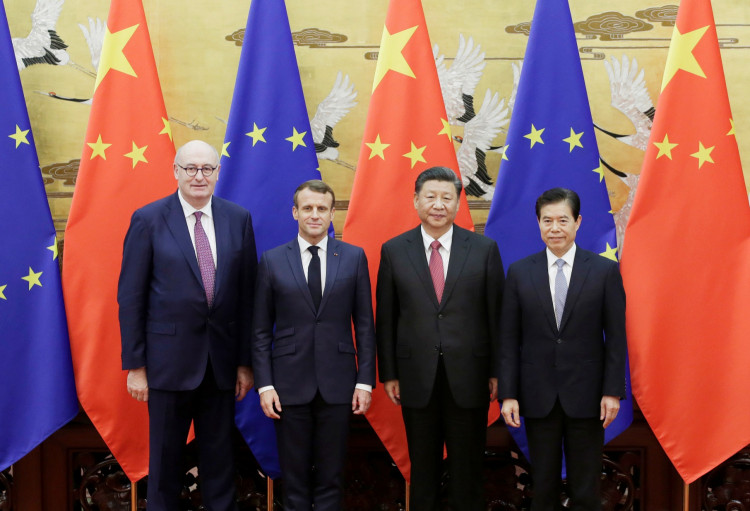A recent report by the European Union Chamber of Commerce in China claimed that China's corporate social credit system may pose problems in the finalization of both the country's trade deal.
According to the South China Morning Post, the incoming European Commission's trade commissioner Phil Hogan visited China to finalize the terms of the European Union (EU) and the former's bilateral investment treaty. The deal was reported to have been ongoing for six years.
Hogan said that the EU saw the corporate social credit system as a hindrance to advance the finality of the deal since it could potentially penalize foreign firms.
The German Chamber of Commerce's Wolfgang Niedermark and chief executive of the Association of German Chambers of Commerce and Industry Dr. Martin Wnasleben also shared their doubts on China's corporate social credit system.
Niedermark raised that the EU felt lost with the new institution and that China should first explain concrete rules thereto. He believed that it would aid the EU in crafting their own terms to the treaty and have a clear basis for their planning strategy.
He also added that once the system would be clearly explained before the signing of the bilateral agreement, it would be manifested that foreign, private, and Chinese companies belong to the same class and shall be treated collectively.
It was then revealed that the EU's corporate vision is to gain access to reports that manifest data about Chinese officials. The EU also sought that information on their business partners would also be accessible by virtue of the treaty.
Moreover, the report also indicated that China may push for "extraterritoriality" in pushing for compliance with communication rules executed outside of China, reported Futurism.
The founder of Hong Kong-based intelligence firm Argo Associates Jason Wright said that clients also feel reluctant about the credit system since it may limit their freedom of expression.
Conversely, Chinees researcher from the Mercator Institute for China Studies in Berlin Katja Drinhausen revealed that the system is highly complex. She claimed that there are several documents that govern the system and that there is no social credit law applicable to Western actors in China.
The treaty was said to be implemented by the end of 2020. The social credit system, on the other hand, was revealed to utilize real-time monitoring and processing systems as methods to interpret data. The report also revealed that companies who have good scores may earn the privilege of paying lower tax rates, easier market access, and better credit conditions.





